Search Articles
Browse Content (p. 101)

Article
North Africa’s Place in the Mediterranean Economy of Late Antiquity
The Mediterranean Sea was the economic focal point of the Roman Empire. Rome's armies first established an empire across these waters beginning back in the times of the Roman Republic. In 200 CE, the Mediterranean was still the channel that...
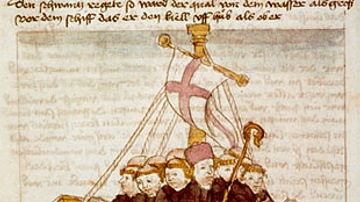
Article
In Search of the Promised Land: Saint Brendan’s Voyage
Between the 9th and the 10th century CE, in an unknown European abbey, an anonymous author told the story of an Irish monk and his 14 companions who embarked on a dangerous journey in the 5th century CE. The monk's name was Brendan, and his...
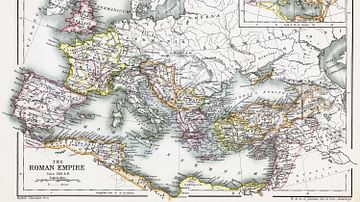
Article
Mavia's Revolt & the Christian Question
In 378 CE the Tanukhid queen Mavia (r. c. 375 - c. 425 CE) of the Saracens led a successful revolt against the Roman Empire, pitting her forces against the armies under the emperor Valens (364-378 CE). Launching her insurrection from the...
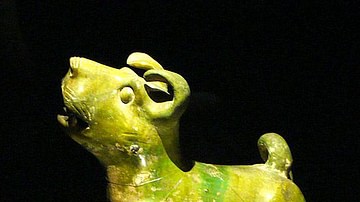
Article
Dogs in Ancient China
Dogs are the oldest domesticated animal in China and were bred as guardians, for transporting goods, for herding, hunting, and as a food source. Archaeological evidence dates the domestication of the dog in China at approximately 15,000 years...
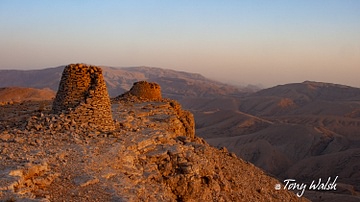
Interview
Oman: The Land of Frankincense - Tony Walsh
While Oman is perhaps the most mysterious corner of the Arabian peninsula to Westerners, the country retains a strong sense of identity, a pride in its ancient past, and unique surprises in the domain of cultural heritage. In this exclusive...

Article
Liangzhu Culture Jade
Jade artifacts and icons are almost synonymous with the Chinese culture going back thousands of years. Jade (nephrite) was first worked into recognizable objects c. 6000 BCE during the period of the Houli Culture (c. 6500 - c. 5500 BCE...
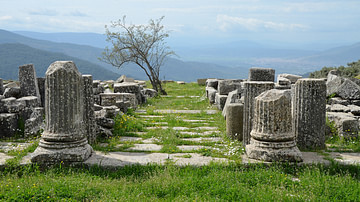
Article
Top 10 Archaeological Sites in Caria, Turkey
Located at the crossroads of many ancient civilizations, Turkey is a haven for archaeology lovers. Over the centuries, a succession of empires and kingdoms – Hittite, Lydian, Persian, Greek, Roman, Byzantine and, finally, Ottoman – ruled...
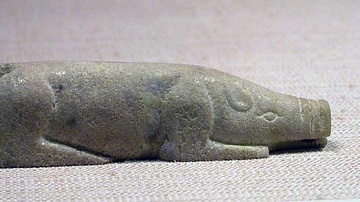
Article
Pigs in Ancient China
Pigs (sometimes called “suids” of the suidae family) have long played an important part in Chinese culture. Pigs symbolize good fortune and happiness as they seem to live a care-free existence and have a long relationship with the humans...
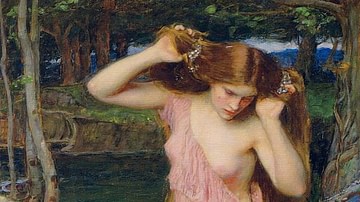
Article
An Ancient Ghost Story: Philinnion & Machates
Ghost stories have existed for thousands of years, often in similar forms and frequently dealing with the same themes, in many of the most ancient cultures. The writer H.P. Lovecraft once wrote, "As may naturally be expected of a form so...

Article
The Impact of the Norman Conquest of England
The Norman conquest of England, led by William the Conqueror (r. 1066-1087 CE) was achieved over a five-year period from 1066 CE to 1071 CE. Hard-fought battles, castle building, land redistribution, and scorched earth tactics ensured that...